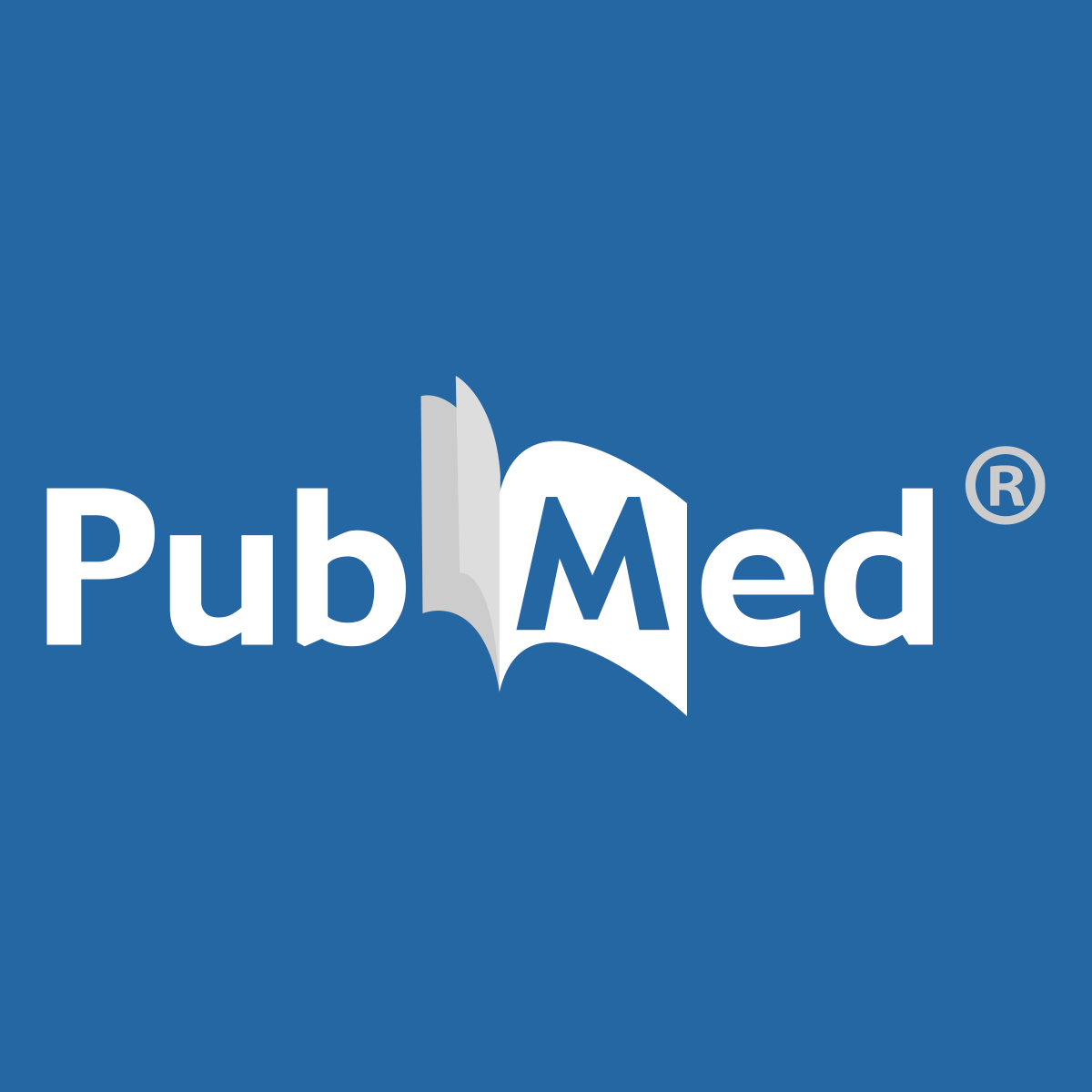As for mandatory masks for healthy people, let's see what the medical consensus says:
There have been extensive randomized controlled trial (RCT) studies, and meta-analysis reviews of RCT studies, which all show that masks and respirators
do not work to prevent respiratory influenza-like illnesses, or respiratory illnesses believed to be transmitted by droplets and aerosol particles:
https://pubmed.ncbi.nlm.nih.gov/21103330/
'Surgical mask to prevent influenza transmission in households: a cluster randomized trial' (2010)
"We observed a good adherence to the intervention. In various sensitivity analyses, we did not identify any trend in the results suggesting effectiveness of facemasks."
https://jamanetwork.com/journals/jama/fullarticle/2749214
'N95 Respirators vs Medical Masks for Preventing Influenza Among Health Care Personnel' (2019)
"Among 2862 randomized participants, 2371 completed the study and accounted for 5180 HCW-seasons. ... Among outpatient health care personnel, N95 respirators vs medical masks as worn by participants in this trial resulted in no significant difference in the incidence of laboratory-confirmed influenza."
https://pubmed.ncbi.nlm.nih.gov/19216002/
'Use of surgical face masks to reduce the incidence of the common cold' (2009)
"Face mask use in health care workers has not been demonstrated to provide benefit in terms of cold symptoms or getting colds. A larger study is needed to definitively establish noninferiority of no mask use." N95-masked health-care workers (HCW) were significantly more likely to experience headaches. Face mask use in HCW was not demonstrated to provide benefit in terms of cold symptoms or getting colds.
https://www.ncbi.nlm.nih.gov/pmc/articles/PMC7191274/...
'A rapid systematic review of the efficacy of face masks and respirators against coronaviruses and other respiratory transmissible viruses for the community, healthcare workers and sick patients' (2020)
"Randomised controlled trials in health care workers showed that respirators, if worn continually during a shift, were effective but not if worn intermittently. Medical masks were not effective, and cloth masks even less effective"
https://jamanetwork.com/journals/jama/fullarticle/184819
'Surgical Mask vs N95 Respirator for Preventing Influenza Among Health Care Workers' (2009)
"446 nurses were enrolled and randomly assigned the intervention; 225 were allocated to receive surgical masks and 221 to N95 respirators. Influenza infection occurred in 50 nurses (23.6% ) in the surgical mask group and in 48 (22.9% ) in the N95 respirator group. Use of a surgical mask compared with an N95 respirator resulted in noninferior rates of laboratory-confirmed influenza."
https://www.ncbi.nlm.nih.gov/pmc/articles/PMC4868605/
'Effectiveness of N95 respirators versus surgical masks in protecting health care workers from acute respiratory infection' (2016)
"In the meta-analysis of the clinical studies, we found no significant difference between N95 respirators and surgical masks in associated risk of (a) laboratory-confirmed respiratory infection (b) influenza-like illness, or (c) reported work-place absenteeism."
https://onlinelibrary.wiley.com/doi/full/10.1111/irv.12474
'The efficacy of medical masks and respirators against respiratory infection in healthcare workers' (2017)
"The results suggest that the classification of infections into droplet versus airborne transmission is an oversimplification. Most guidelines recommend masks for infections spread by droplets. N95 respirators, as “airborne precautions,” provide superior protection for droplet‐transmitted infections. To ensure the occupational health and safety of healthcare worker, the superiority of respirators in preventing respiratory infections should be reflected in infection control guidelines."
https://www.cambridge.org/.../64D368496EBDE0AFCC6639CCC9D...
'Face masks to prevent transmission of influenza virus: a systematic review' (2010)
None of the studies reviewed showed a benefit from wearing a mask, in either HCW or community members in households (H). See summary Tables 1 and 2 therein.
https://onlinelibrary.wiley.com/.../j.1750-2659.2011.00307.x
'The use of masks and respirators to prevent transmission of influenza: a systematic review of the scientific evidence' (2011)
"There were 17 eligible studies. [...] None of the studies established a conclusive relationship between mask ⁄ respirator use and protection against influenza infection."
https://academic.oup.com/cid/article/65/11/1934/4068747
'Effectiveness of Masks and Respirators Against Respiratory Infections in Healthcare Workers' (2017)
"Self-reported assessment of clinical outcomes was prone to bias. Evidence of a protective effect of masks or respirators against verified respiratory infection (VRI) was not statistically significant"
https://bmjopen.bmj.com/content/5/4/e006577.long
'A cluster randomised trial of cloth masks compared with medical masks in healthcare workers'(2015)
"This study is the first RCT of cloth masks, and the results caution against the use of cloth masks. This is an important finding to inform occupational health and safety. Moisture retention, reuse of cloth masks and poor filtration may result in increased risk of infection. Further research is needed to inform the widespread use of cloth masks globally. However, as a precautionary measure, cloth masks should not be recommended for HCWs, particularly in high-risk situations, and guidelines need to be updated."
https://onlinelibrary.wiley.com/doi/epdf/10.1111/jebm.12381
'Effectiveness of N95 respirators versus surgical masks against influenza' (2020)
"A total of six RCTs involving 9 171 participants were included. There were no statistically significant differences in preventing laboratory-confirmed influenza, laboratory-confirmed respiratory viral infections, laboratory-confirmed respiratory infection and influenza-like illness using N95 respirators and surgical masks. Meta-analysis indicated a protective effect of N95 respirators against laboratory-confirmed bacterial colonization (RR = 0.58, 95% CI 0.43-0.78). The use of N95 respirators compared with surgical masks is not associated with a lower risk of laboratory-confirmed influenza."
https://www.sciencedaily.com/rel.../2020/05/200521124646.htm
N95 masks v. SARS-CoV-2 particle size
"N95 masks filter about 85% of particles smaller than 300 nanometres. SARS-CoV-2 (the coronavirus that causes COVID-19) is in the size range of 65-125 nanometres"












